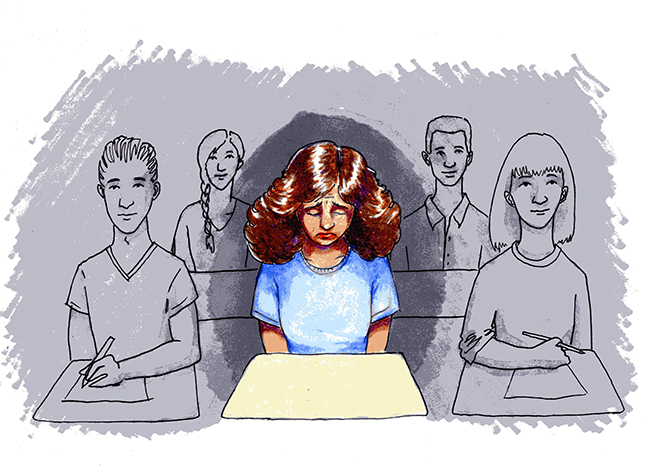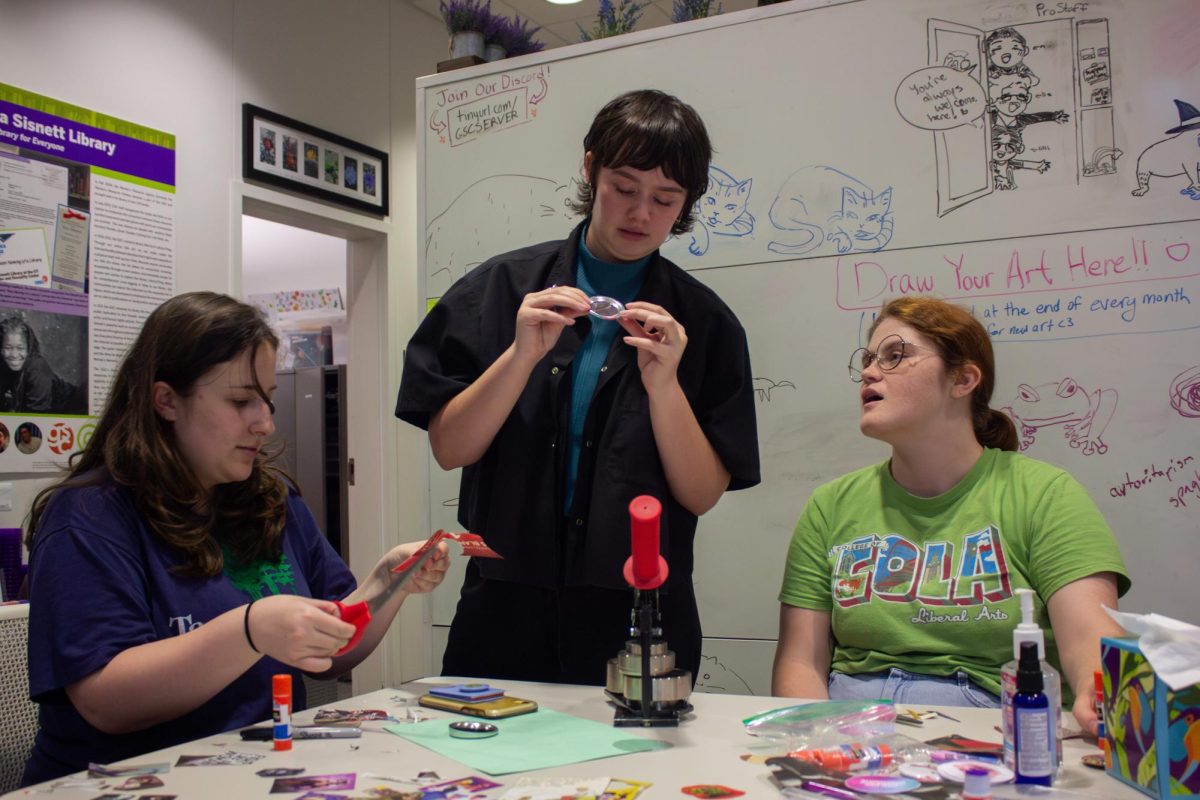At many high schools, there is a breed of student known as the overachiever — one who excels both in and out of the classroom while maintaining an aura of effortlessness and perfection.
But at universities like UT, where the environment can be more academically rigorous than those of many high schools, these same students often struggle to adapt.
English junior Austin Darrow was a star at Jourdanton High School. He was class valedictorian, captain of the drum line, lead actor in theatre productions and named most likely to succeed by his peers. He fully expected to shine in college as he had his entire life. So when Darrow’s first semester at UT didn’t go as smoothly as he anticipated, it shocked him.
“I started getting B’s when I was used to A’s and C’s when I was used to B’s,” Darrow said. “I was pretty depressed. It was like I didn’t really know who I was anymore.”
Katy Redd, assistant director of prevention and outreach at UT’s Counseling and Mental Health Center (CMHC), said it’s not uncommon for bright young minds to find themselves in dark places after experiences such as Darrow’s.
“We live in this culture that says outcomes are the marker of our success,” Redd said. “So we pay less attention to some of the other ways that define success, like making friendships or taking care of yourself while balancing other commitments.”
This fixation on results has led to an increasingly worrisome trend on college campuses. According to a 2014 national survey, 94 percent of college counseling centers have reported an increase in the number of clients with severe psychological problems over a two-year period.
Many universities have recognized the pressure to succeed as a primary contributer to this trend. UT’s CMHC is planning to release an app in spring 2016 that allows students to share their experiences with failure and rejection. While the app’s details are still largely under wraps, CMHC also offers discussion groups for students struggling to cope with setbacks, as well as a workshop promoting resilience called “Bouncing Back.”
Beyond the classroom, many students also struggle to cope with getting turned down by an organization for the first time. One undeclared sophomore, who requested her name not be used, was a high school track athlete and senior class president. Her easy smile and friendly disposition made joining various groups easy. So when a sorority rejected her earlier this semester, it crushed her.
“Rushing can be a serious strain on you,” she said. “You’re being judged for how you look sometimes — who you are and where you come from.”
She said the rejection felt personal, and the possibility of joining other exclusive organizations seemed out of reach.
“It made me feel not good enough,” she said. “Not that I did anything wrong but that I just wasn’t enough.”
Elana Bizer, an integrated health counselor at CMHC, said one of the keys to dealing with failure and rejection in a healthy manner is adopting a growth mindset.
“People with growth mindsets view their ability to do something as flexible,” Bizer said. “Maybe they’re not the most naturally talented right when they pick up a tennis racket, but they think that if they work hard, get coaching and stick with it, they can be just as good as a naturally talented person. They don’t give up after failing to hit the ball a few times.”
Bizer said that along with adopting this attitude, its important to normalize failure while relying on friends and family for support.
“We’re always hearing about these phenomenal successes in the media,” Bizer said. “But there’s not so much attention being put on failure. It’s important to normalize setbacks, to talk about them with our support groups. When it comes to these situations, it’s important to treat yourself as you would treat a friend.”





















